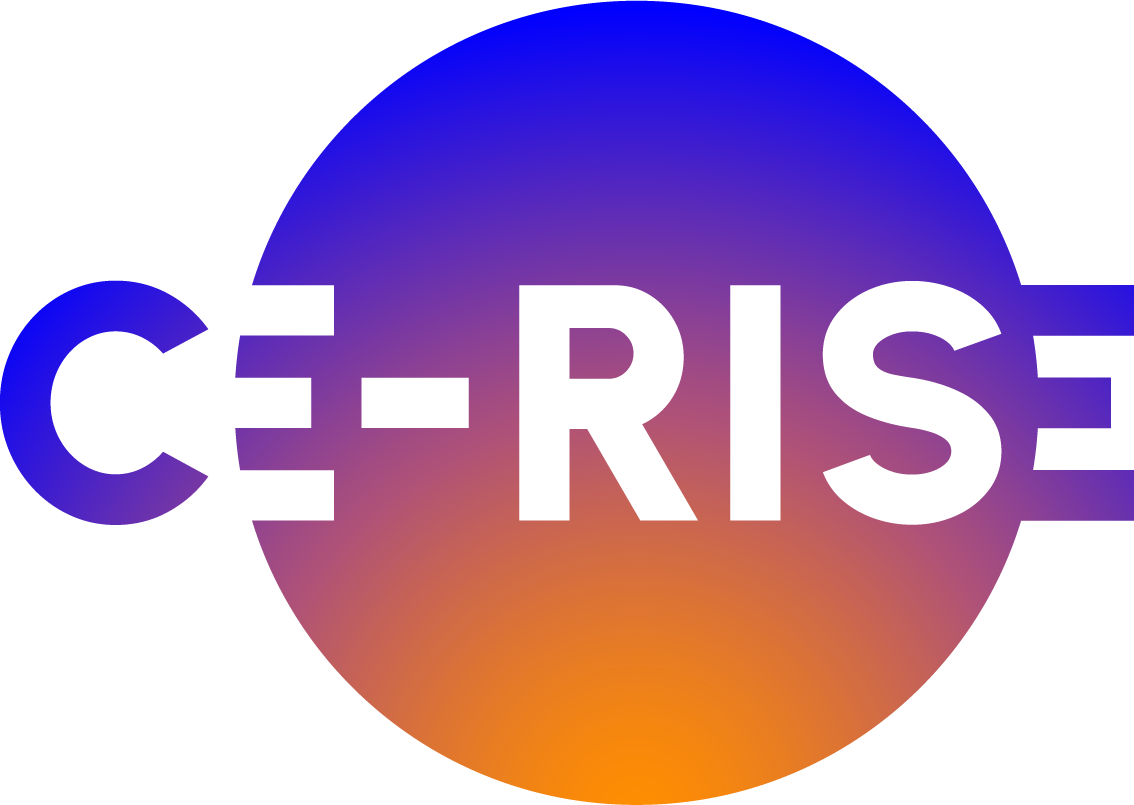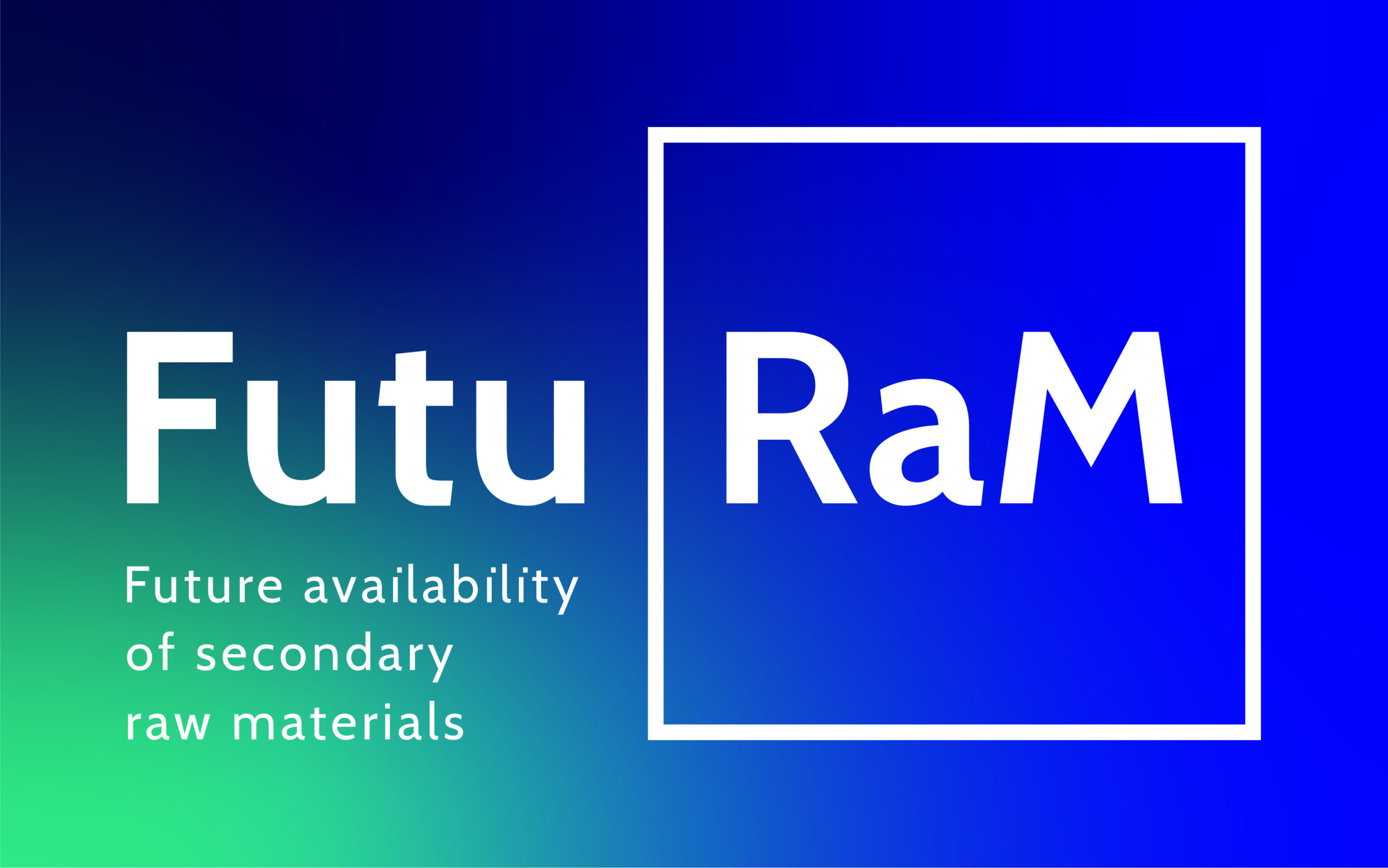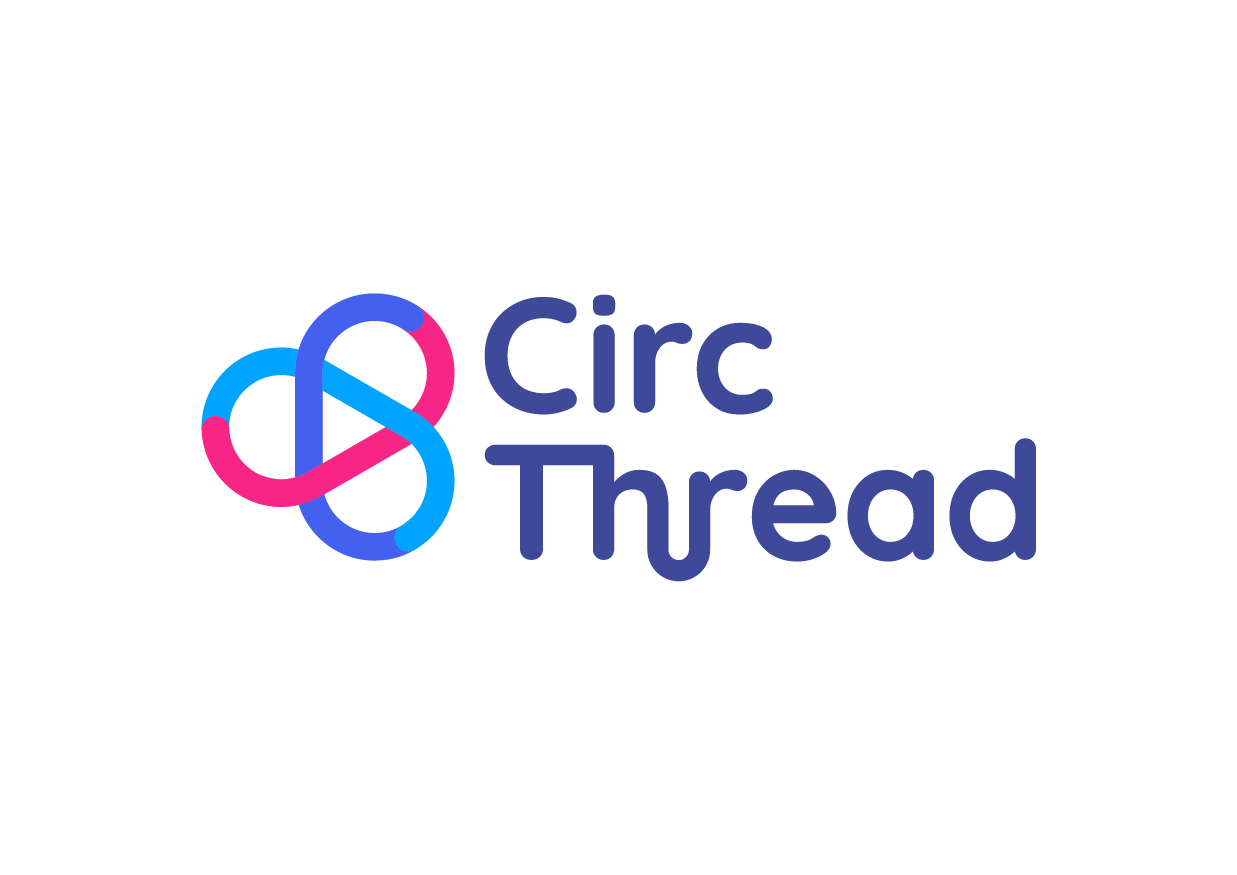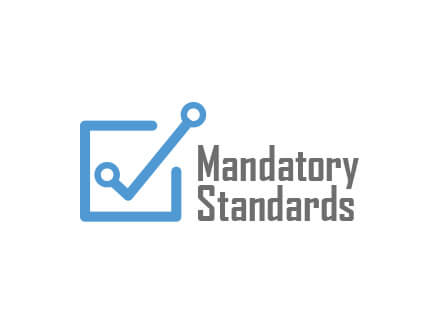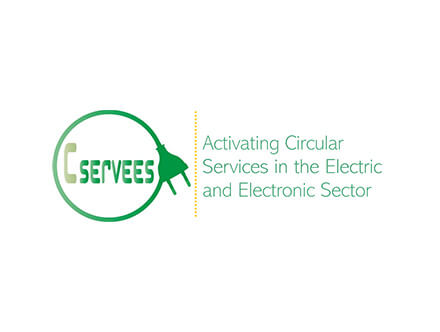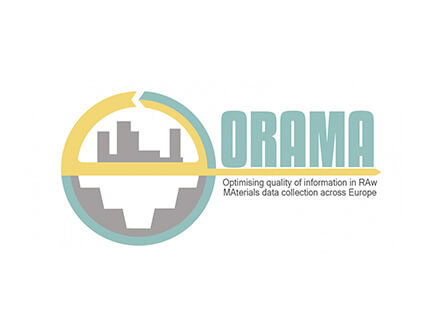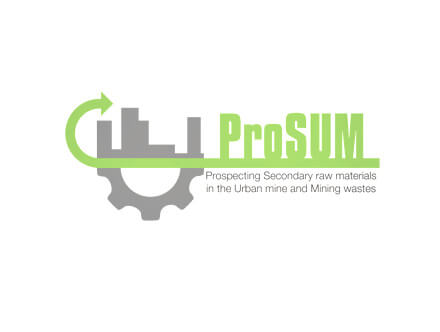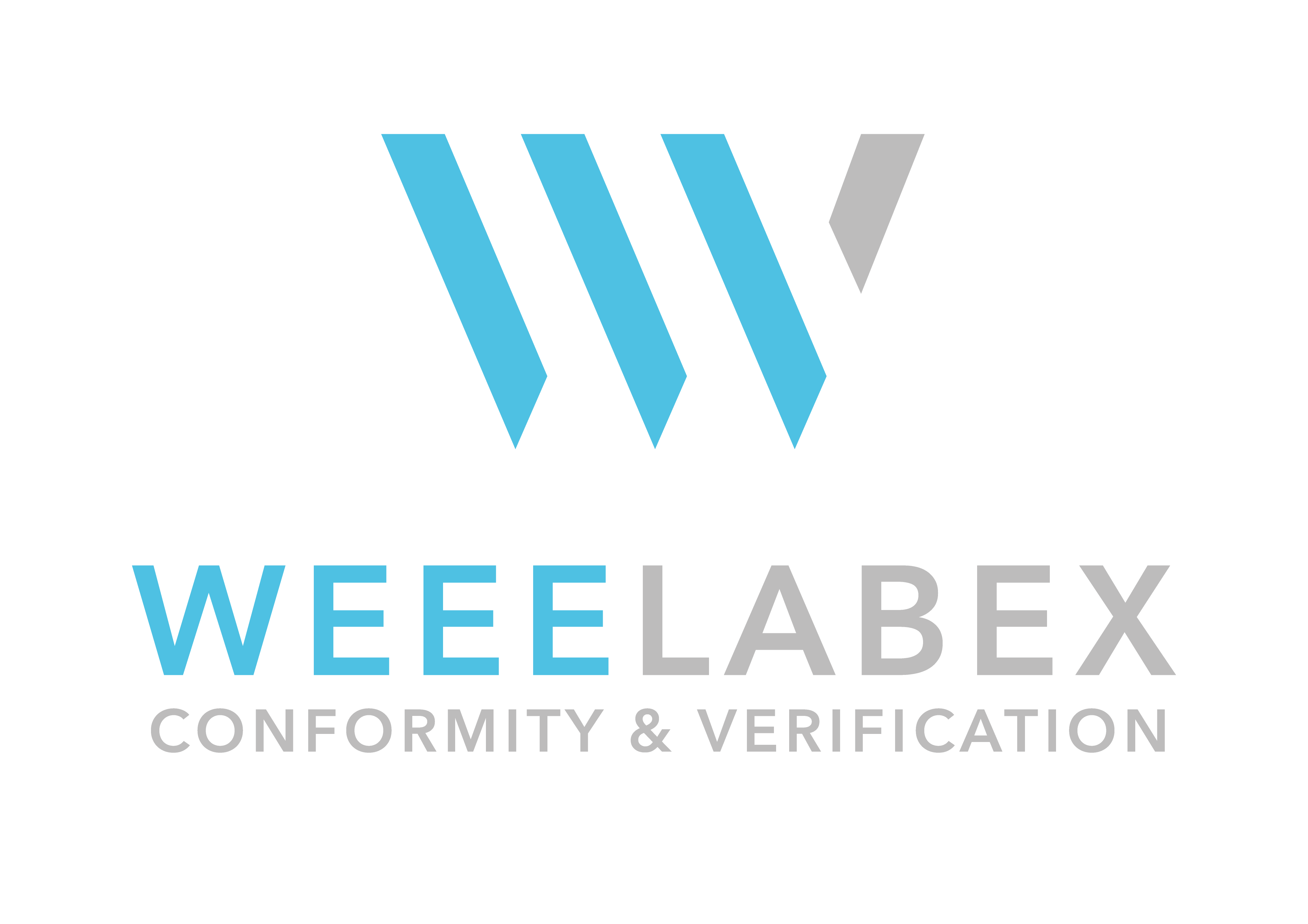Developing a voluntary certification scheme for WEEE treatment
CEWASTE project came to its end in April 2021.
A resource efficient circular economy means that we need to recover more critical raw materials (CRM), such as Antimony, Beryllium or Cobalt, that industries in Europe require to manufacture modern technological products and also everyday appliances and clean and energy efficient applications. CEWASTE explored whether standards and certification systems can be a tool to improve the recovery of CRM. The WEEE Forum’s role was to provide input based on years of experience with compliance with standards in the handling of WEEE.
CEWASTE was a 2.5 year project, that commenced in November 2018, that is funded by European Union's Horizon 2020 research and innovation program. It developed a voluntary certification scheme for waste treatment.
CEWASTE explored whether standards & certification systems can be a tool to improve recovery of CRMs
Specifically, the project created, validated and launched the scheme for collection, transport and treatment facilities of key types of waste containing significant amounts of valuable and critical raw materials such as waste electrical and electronic equipment (WEEE) and batteries.
The project contributed to an improved recovery of valuable and critical raw materials (CRMs) from key types of waste through traceable and sustainable treatment proces. To ensure a comprehensive approach and a robust result, the project was developed in four stages along the following six specific objectives:
- Objective 1 - Understand existing recovery practice, standards and verification schemes;
- Objective 2 - Develop sustainability and traceability requirements;
- Objective 3 - Develop an assurance system and related verification procedures;
- Objective 4 - Validate the new voluntary scheme;
- Objective 5 - Ensure long term sustainability of the scheme;
- Objective 6 - Ensure a transparent stakeholder process.

